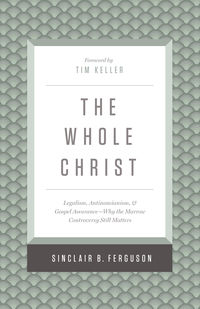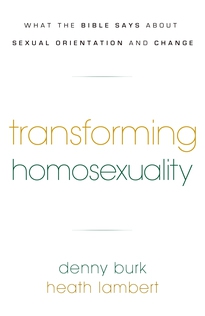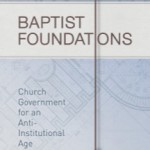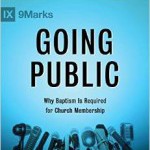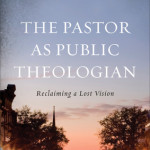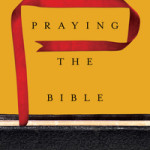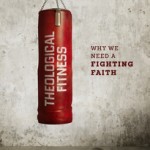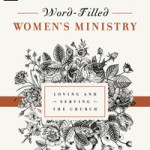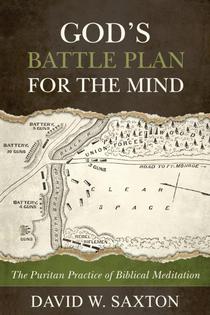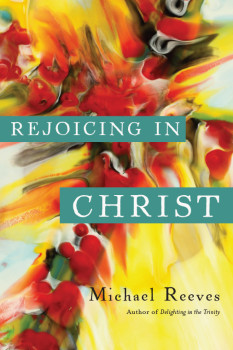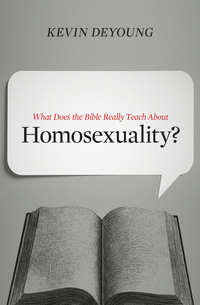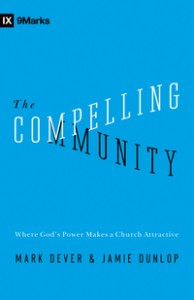Joel Beeke and Crossway appear to have a burgeoning relationship that will bless the church. Reformed Preaching is hot off the press, and coming in March is the first volume in the Reformed Experiential Systematic Theology Series.
I’m making two assumptions about the first volume Reformed Systematic Theology: Revelation and God. First, because it’s a co-write with Paul Smalley, the volume is undoubtedly the fruit of Dr. Beeke’s seminary lectures on systematic theology. Second, I reckon the experiential component will make it a modern-day systematic theology a la Wilhelmus a Brakel’s The Christian’s Reasonable Service.
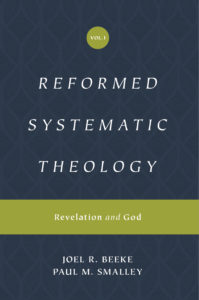 Publisher’s Description
Publisher’s Description
The aim of systematic theology is to engage not only the head, but also the heart and hands. Only recently has the church compartmentalized these aspects of life—separating the academic discipline of theology from the spiritual disciplines of faith and obedience. This new multi-volume work brings together rigorous historical and theological scholarship with spiritual disciplines and practicality—characterized by a simple, accessible, comprehensive, Reformed, and experiential approach. In this volume, Joel R. Beeke and Paul M. Smalley explore the first 2 central themes of theology: revelation and God.
Table of Contents
Part 1: Prolegomena: Introduction to Theology and the Doctrine of Revelation
Section A: Introduction to Theology
1. What Is Theology? Part 1: An Academic Discipline
2. What Is Theology? Part 2: A Spiritual Discipline
3. Who Does Theology? Where? When?
4. Which Theology Do We Do? Part 1: Christian, Catholic, Evangelical
5. Which Theology Do We Do? Part 2: Reformed
6. Which Theology Do We Do? Part 3: Polemical and Experiential
7. Why Do We Do Theology?
8. How Do We Do Theology? Part 1: Spiritual Dynamics
9. How Do We Do Theology? Part 2: Academic Methods
Section B: The Doctrine of Revelation
10. Theological Fundamentals of Divine Revelation
11. General Revelation, Part 1: Biblical Teaching
12. General Revelation, Part 2: Philosophy and Science
13. General Revelation, Part 3: Natural Theology and Theistic Arguments
Excursus: Some Historical Perspective on Natural Theology and Theistic Proofs
14. Special Revelation: Biblical Teaching
15. Errors Regarding Special Revelation, Part 1: Romanism and Liberalism
16. Errors Regarding Special Revelation, Part 2: Liberalism’s Offspring
17. The Bible as the Word of God
18. The Properties of the Written Word, Part 1: Authority and Clarity
19. The Properties of the Written Word, Part 2: Necessity, Unity, and Efficacy
20. The Properties of the Written Word, Part 3: Inerrant Veracity
21. The Properties of the Written Word, Part 4: Objections to Inerrancy
22. The Properties of the Written Word, Part 5: Sufficiency
23. The Cessation of Special Revelation, Part 1: Charismatic Continuationism
24. The Cessation of Special Revelation, Part 2: Prophecy Today
25. Applied Revelation for Practical Fruit
Part 2: Theology Proper: The Doctrine of God
Section A: The Doctrine of God’s Triune Glory
26. Introduction: The True Knowledge of God
27. Introduction to God’s Nature and Attributes, Part 1: Biblical Teaching
28. Introduction to God’s Nature and Attributes, Part 2: Theological Questions
29. The Name of “the Lord” (YHWH)
30. The Holiness of the Lord
31. Gods That Are Not God
32. God’s Spirituality
33. God’s Simplicity: “The Lord Our God Is One Lord”
34. God’s Infinity, Incomprehensibility, Aseity, and Immensity
35. God’s Eternity: Infinity with Respect to Time
Excursus: Problems of Time and Eternity
36. God’s Immutability, Part 1: Biblical Teaching
37. God’s Immutability, Part 2: Theological Questions
38. God’s Knowledge, Part 1: Omniscience and Wisdom
38. God’s Knowledge, Part 2: Foreknowledge
40. God’s Sovereignty: An Introduction to Omnipotence
41. God’s Moral Excellence, Part 1: Goodness and Love
42. God’s Moral Excellence, Part 2: Truth and Righteousness
43. God’s Moral Excellence, Part 3: Jealousy, Impassibility, and Joy
44. God’s Moral Excellence, Part 4: Wrath and Compassion
45. The Trinity, Part 1: Biblical Teaching
46. The Trinity, Part 2: Historical Development
47. The Trinity, Part 3: Theological and Practical Considerations
Section B: The Doctrine of God’s Sovereign Purpose
48. The Decree of God: General Considerations
49. Predestination, Part 1: Election and Reprobation
50. Predestination, Part 2: Historical Development through Reformed Orthodoxy
51. Predestination, Part 3: Questions and Uses
52. God’s Providence, Part 1: Biblical Teaching
53. God’s Providence, Part 2: Problems and Applications
Section C: The Doctrine of Angels and Demons
54. The Holy Angels of God
55. Satan and the Demons

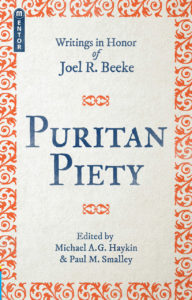
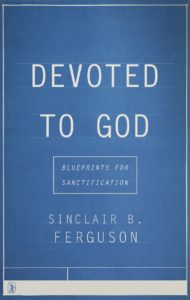 According to the Trust
According to the Trust